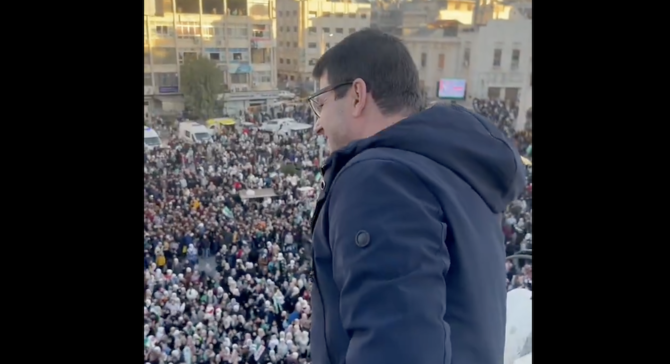DUBAI: Middle Eastern digital media company Augustus Media has raised $400,000 in debt financing through peer-to-peer lending firm Beehive.
The media group is home to brands such as Lovin and Smashi, which primarily focus on local millennial audiences. The company, now six years old, has been profitable for the last five years with forecasted revenues of $3.5 million for this year.
On the back of its success the business is expanding the Lovin platform within the UAE, launching local editions in Saudi Arabia, and venturing into Pakistan.
Richard Fitzgerald, chief executive officer of Augustus Media, said: “It has been our intention to expand Lovin as the leading local news and lifestyle platform across the region.
“We are delighted to launch new cities in the UAE and Saudi Arabia, to build on our presence in these markets, and also at the same time enter in our first partnership for Pakistan.”
In the UAE, the platform was now launching editions for Sharjah, Abu Dhabi, and Ras Al-Khaimah while its expansion in Saudi Arabia will see four local editions in Riyadh, Jeddah, NEOM, and Sharqiyah.
Additionally, it will launch its first Pakistan edition, Lovin Isloo, for the capital city of Islamabad, to be followed by dedicated platforms for Karachi and Lahore. Lovin’s expansion into Pakistan comes in partnership with journalist Bilal Syed.
He said: “I started Lovin Isloo because I believe the city has so much to offer and yet a lot of people are unaware of that.
“Later, with the expansion of Lovin Lahore and Lovin Karachi, I want to be able to make life easier for the local Pakistani audience in finding out information for each city respectively while remaining informed about the latest details individually.”
According to the company, Augustus Media has 6 million social media followers and 1 million monthly readers, and it claims to reach every social media user in the UAE at least once a week across Lovin Dubai, Lovin Saudi, and Smashi’s apps, websites, social, and audio platforms.


























